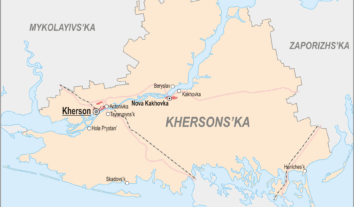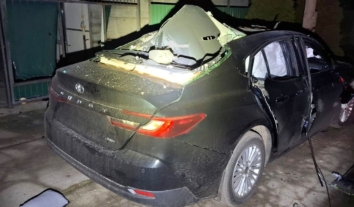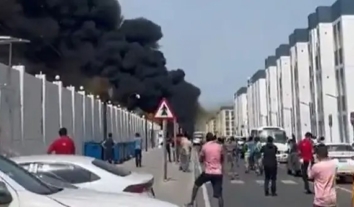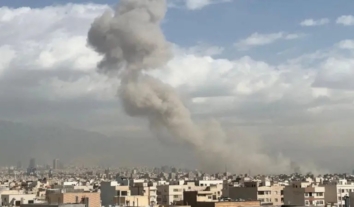UN Human Rights Committee Bombards Russia with “Crimean” Questions
During its session in Geneva, the UN Human Rights Committee has presented Russia with a number of questions about human rights violations in the annexed Crimea.
As reported by Tetyana Pechonchyk, Head of the Human Rights Information Center, despite the fact that the UN recognizes Crimea as an autonomous republic within Ukraine, part of the questions of the committee have been related to the human rights situation on the peninsula because Russia exercises de facto control over the territory.
The UN Human Rights Committee inquired about the arrests of protesters “against a possible annexation of the Crimea” from a year ago. Other questions dealt with discrimination of Crimean Tatars and the prohibition of entry of Crimean Tatars, including Mustafa Dzhemilev, Refat Chubarov and Ismet Yuksel, into Crimea.
The discussion was also about the repression of the media in Crimea, especially the only Crimean Tatar television station ATR, which is accused of extremism, and shutting down the Chernomorska (Black Sea) Television and Radio Company. There have also been acts of violence on the part of “Crimean Self-Defense,” which is involved in abductions, illegal arrests, attacks on journalists, and the seizure of property.
Members of the UN Human Rights Committee were also interested in a set of issues related to citizenship: why the period to renounce Russian citizenship in Crimea was so short, what the implications are for Crimeans who have rejected Russian citizenship, and what to do with those who were physically unable to come to Crimea and renounce Russian citizenship.
Select questions to the Russian delegation were dedicated to the problems of the reduction of Ukrainian language teachers, the shutting down of Ukrainian schools in Crimea and the disappearance of Ukrainian broadcasting from airtime, as well as ways in which the Russian Federation intends to ensure Ukrainian minority rights in Crimea.
Committee members were also interested in the issue of the authorities preventing the work of human rights advocates and journalists in Crimea and elsewhere in connection to the conflict in Ukraine.
The UN Human Rights Committee session is taking place from March 16th to April 2nd. The Russian delegation consists of 25 representatives of various agencies, including Deputy Minister of Justice Georgy Matyushkin (who also represents Russia in the European Court of Human Rights), who heads the delegation.
At the session, the Russian officials must answer the question of Russia’s fulfillment of the International Covenant on Civil and Political Rights, which was adopted by the UN General Assembly in 1966. The Committee’s questions were presented to Russia in August 2014 and the government’s replies were prepared in December.
The last time the Russian delegation reported to the UN Human Rights Committee was in 2009.
A coalition of eight Ukrainian NGOs prepared an alternative report on the human rights situation in Crimea, which was submitted for consideration to the UN Committee.








